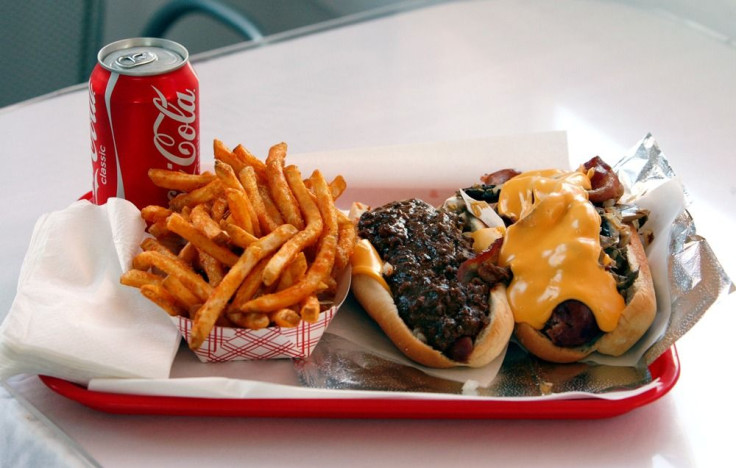The Science Behind Frequent Urge To Snack, Explained By Experts

A study found the reason why humans cannot stop snacking even in the absence of hunger. It was discovered that there is a class of neurons that actually influence people to eat, scientists raised.
Two teams of researchers determined the specific brain activities involved when an individual becomes attracted to food despite being full. Although the tests were performed in laboratory mice, the findings are said to provide a valuable insight into humans’ appetite and eating behaviours.
The first team came from the Howard Hughes Medical Institute's Janelia Research Campus. They found that specific brain cells called AGRP neurons appear to transmit aggravating signals within the brain. The events under which these signals were stopped in mice include eating, seeing food and going back to an area where food was originally in place, the researchers told the journal Nature. The team suspected that the neurons work under a classic system that drives animals to fulfill physiological needs and that shutting these neurons off could influence the motivation to eat, said Scott Sternson, a group leader at Janelia. Additionally, they found another group of neurons called subfornical organ or SFO that controls thirst and Sternson said the same motivational quality can be derived from these neurons.
The second group led by Dr Bradford Lowell of Beth Israel Deaconess and the National Institute of Diabetes and Digestive and Kidney Diseases found similar results. When the AGRP neurons were activated, the animals ate voraciously, said Lowell.
"One reason that dieting is so difficult is because of the unpleasant sensation arising from a persistent hunger drive," Lowell explained. "Our results show that the artificial activation of this particular brain circuit is pleasurable and can reduce feeding in mice, essentially resulting in the same outcome as dieting but without the chronic feeling of hunger."
To contact the writer, email rinadoctor00@gmail.com





















